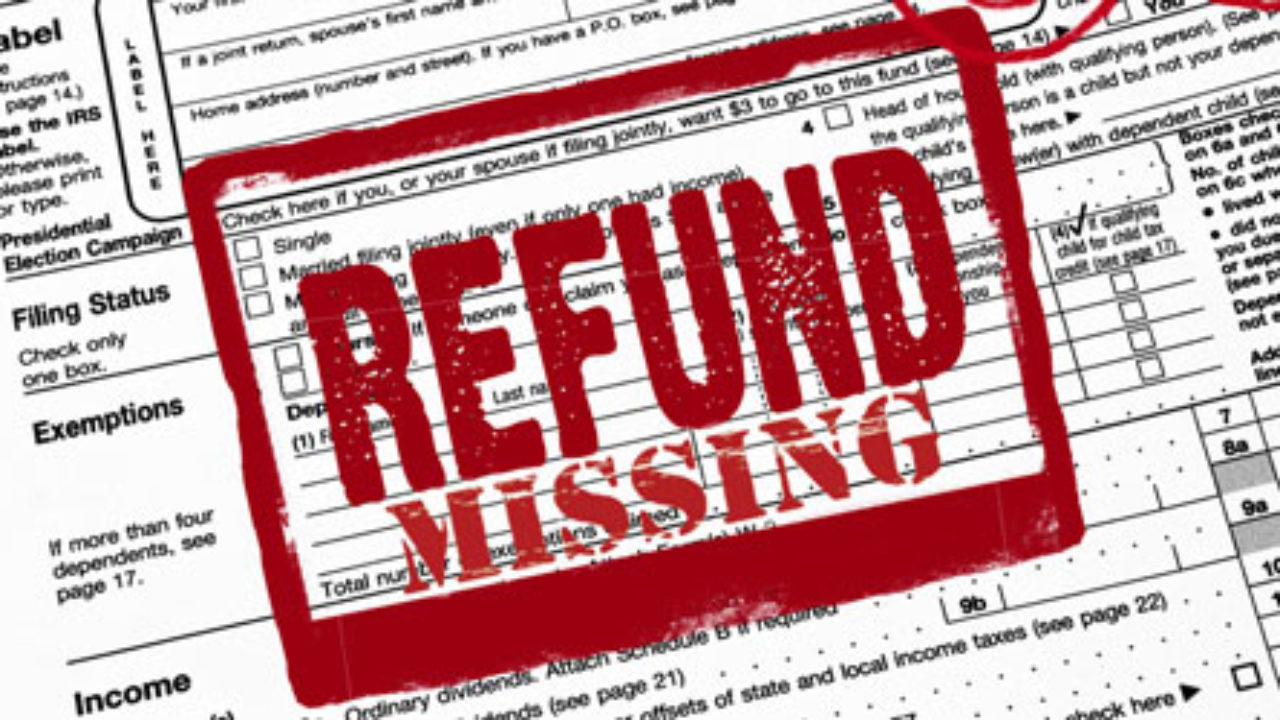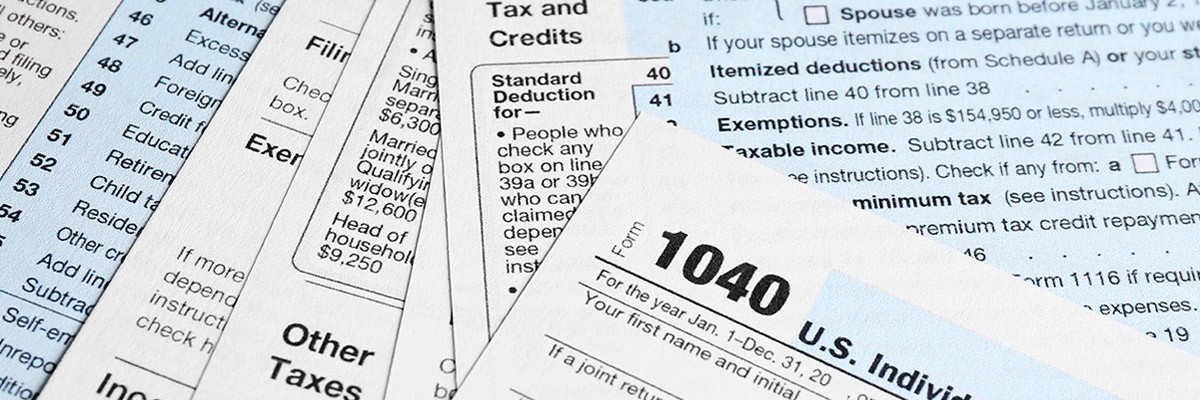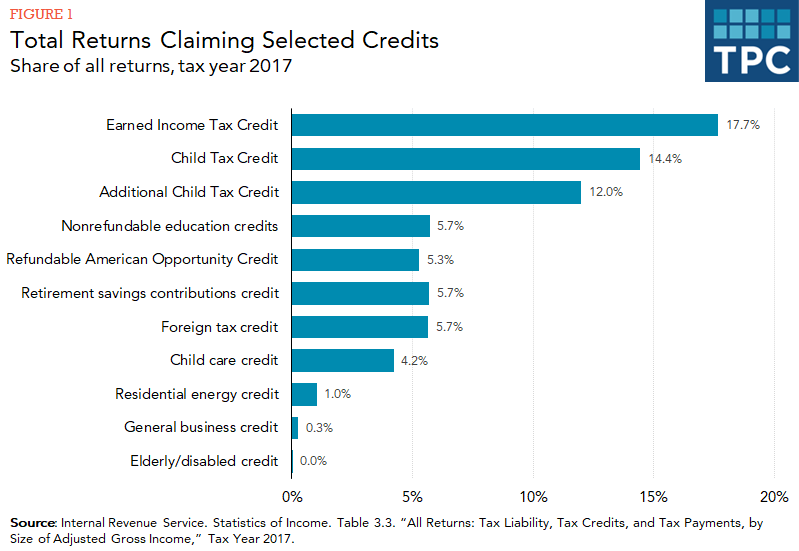does the irs write off tax debt after 10 years
The Collection Statute Expiration Date CSED is the date ten years from when the tax got assessed and when the IRS writes off the debt. The day the tax debt expires is often referred to as the Collection.

Irs Tax Debt Relief Forgiveness On Taxes
Its not exactly forgiveness but similar.

. After 10 years the IRS can write the debt off and clear it from their books. If this is the first time youve owed the IRS money you can request a first-time abatement. After that the debt is wiped clean from its books and the.
If you prove to the IRS this. The IRS does have the authority to write off all or some of your tax debt and settle with you for less than you owe. This is called an offer in compromise or OIC.
Does the IRS write off tax debt after 10 years. After that the debt is wiped clean from its books and the IRS writes it off. However the waiting it out strategy is.
Does the IRS forgive back taxes after 10 years. Unfortunately that 10-year timeline is rarely. Tax lien investing allows you to purchase a tax lien certificate issued by the local government when a property owner has unpaid property taxes.
In general the Internal Revenue Service IRS has 10 years to collect unpaid tax debt. Generally speaking the Internal Revenue Service has a maximum of ten years to collect on unpaid taxes. This is called the 10 Year.
As already hinted at the statute of limitations on IRS debt is 10 years. Does the IRS Forgive Tax Debt After 10 Years. 1 day agoKey Takeaways.
A tax lien certificate. If accepted by the IRS then that means that once you pay off. Generally under IRC 6502 the IRS will.
In this event the. The IRS generally has 10 years to collect on a tax debt before it expires. How long can the IRS collect.
Put simply the statute of limitations on federal tax debt is 10 years from the date of tax assessment. In general the Internal Revenue Service IRS has 10 years to collect unpaid tax debt. Limitations can be suspended.
Yes indeed the length of time the IRS is allowed to collect a tax debt is generally limited to ten years according to the statute of. For example if your tax debt is 10000 and you offer them 5000 in an offer in compromise they will consider it. After that time has expired the obligation is entirely wiped clean and removed from a.
However some crucial exceptions may apply. Many people feel tempted to wait out the 10 years to not pay the debt. When the ten years are up the IRS is required to write the debt off as a bad debt essentially forgiving it.
This means the IRS should forgive tax debt after 10 years. Does IRS tax debt go away after 10 years. This means that under normal circumstances the IRS can no longer pursue collections action against you if.
Yes indeed the length of time the IRS is allowed to collect a tax debt is generally limited to ten years according to the statute of limitations on. If you prove to the IRS this is the first time you have been in a. As a general rule of thumb the IRS has a ten-year statute of limitations on IRS collections.

What Taxpayers Must Know About The Irs 10 Year Statute Of Limitations Landmark Tax Group

Irs Debt Forgiveness And Irs Tax Forgiveness Services

How The Irs Determines The Statute Of Limitations On Collections

Rebuilding Irs Would Reduce Tax Gap Help Replenish Depleted Revenue Base Center On Budget And Policy Priorities

Can The Irs Settle My Taxes For Less Than What I Owe H R Block

Can The Irs Take Or Hold My Refund Yes H R Block

What Taxpayers Must Know About The Irs 10 Year Statute Of Limitations Landmark Tax Group

Does The Irs Forgive Tax Debt After 10 Years Heartland Tax Solutions

Does The Irs Forgive Tax Debt After 10 Years Sort Of Tax Attorney Explains Expiring Tax Debts Youtube

Top Irs Audit Triggers Bloomberg Tax

Irs Debt Relief Dallas Bankruptcy Lawyer Allmand Law Firm Pllc

Does The Irs Forgive Tax Debt After 10 Years

Does The Irs Forgive Tax Debt After 10 Years

What Assets Can The Irs Legally Seize To Satisfy Tax Debt Paladini Law

If You Have Tax Debt Here Are 5 Tips To Set Things Right With The Irs

What Are Tax Credits And How Do They Differ From Tax Deductions Tax Policy Center


